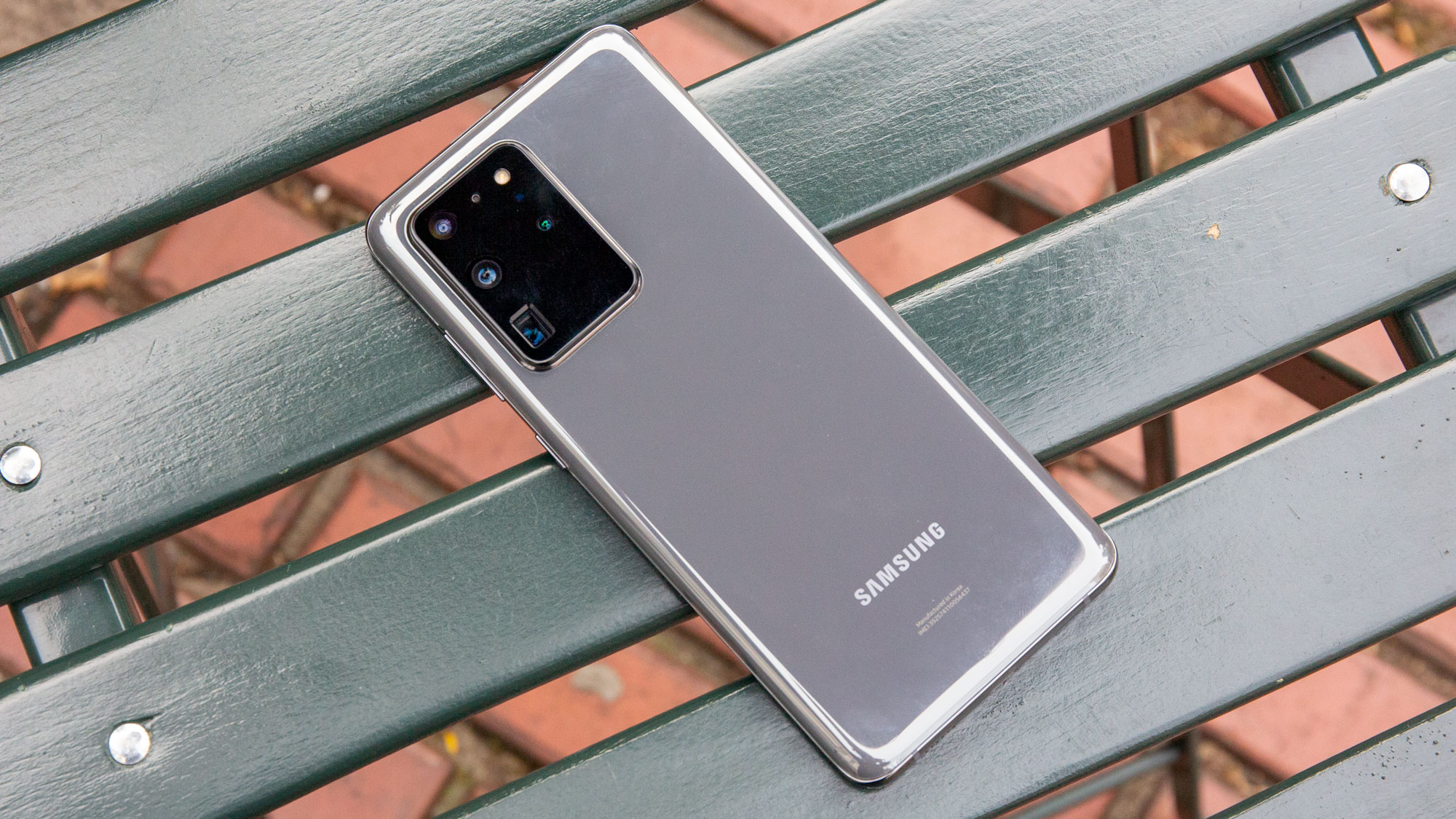The Samsung Galaxy Note 20 is one of the most highly anticipated phones left to come this year – arguably second only to the iPhone 12.
That high status has inevitably meant it's been extensively leaked, but while we have a good idea about many aspects of the upcoming handset, there are still a number of things that we don't know.
With that in mind

 12
12











